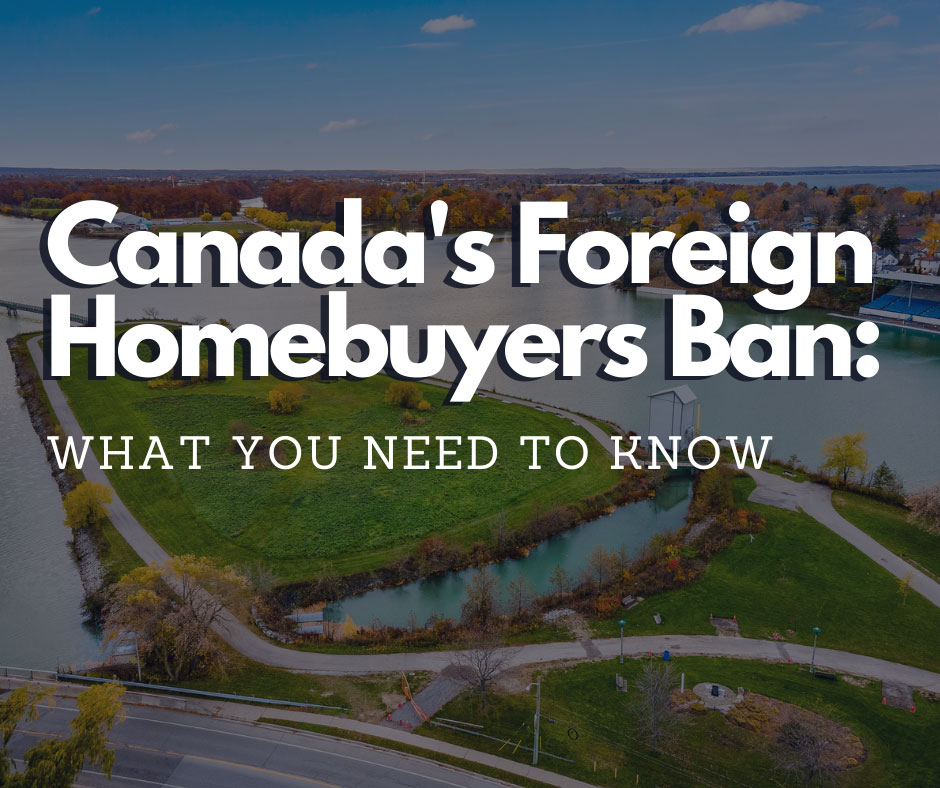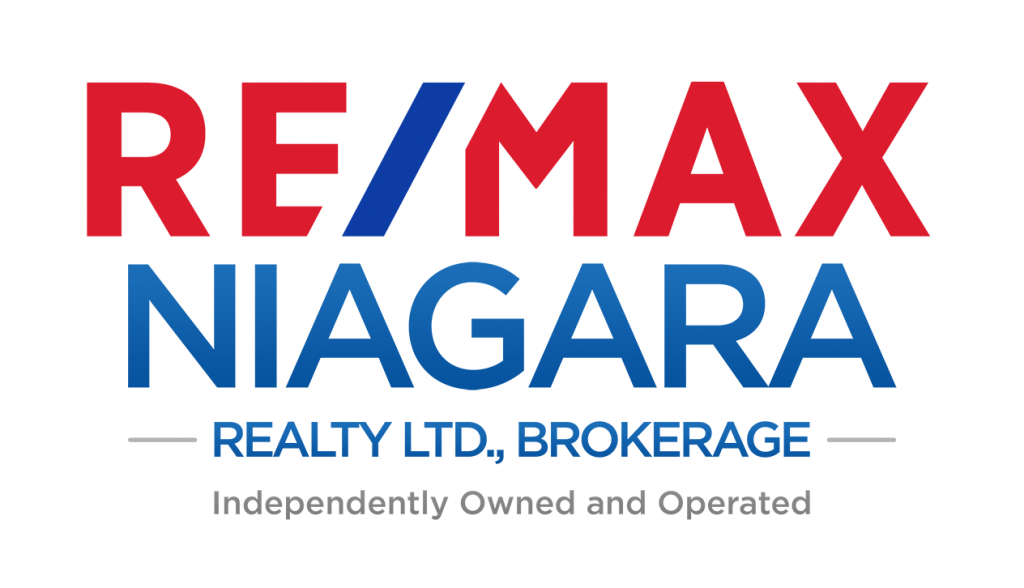Canada’s foreign homebuyers ban: What you need to know
Passed by Parliament in June of last year, Canada’s ban on foreign homebuyers is now in effect. This bars commercial enterprises and individuals outside of Canada from buying residential properties in the country.
Demand for housing throughout the COVID-19 pandemic prompted average home prices to dramatically increase. Although home prices in Canada have since dropped, housing affordability remains a concern. Fueling some of this anxiety is rising interest rates. Those with variable-rate mortgages are already paying hundreds more per month, compared to early last year.
As the foreign homebuyers ban takes effect in Canada, here’s what you need to know about the regulations.
WHICH PROPERTIES ARE INCLUDED IN THE BAN?
According to the Prohibition on the Purchase of Residential Property by Non-Canadians Act, a residential property includes detached homes or similar buildings, as well as semi-detached houses, rowhouse units, residential condominium units and other similar premises.
Homes in municipalities with a core population of less than 10,000 are not subject to the ban, nor are recreational properties such as cottages and lake houses. Additionally, the law does not explicitly ban the purchase of larger buildings with multiple units.
WHY IS THE BAN IN EFFECT?
According to the CMHC, the legislation aims to “make homes more affordable” for those living in Canada by cracking down on foreign investment.
Housing affordability continues to be a challenge in Canada. Although average home prices have dropped in recent months, an assessment published by the Parliamentary Budget Office in September shows the average cost of a house is 67 per cent more than what the average Canadian household can afford.
A separate report published by Re/Max in September also points to a housing supply crisis in major Canadian metropolitan areas. By limiting foreign investor activity among residential properties, market watchers expect the ban will create new buying opportunities for Canadians by opening up supply.
WHO IS EXEMPT FROM THE BAN?
Although the legislation targets non-Canadians, there are some exceptions. Those in Canada with temporary work permits are still allowed to buy residential properties, as are refugee claimants and international students who meet certain criteria.
The ban does not apply to those who are Canadian citizens or permanent residents, nor does it apply to non-Canadians who are looking to rent a residential property in Canada.
Non-Canadians with a spouse or common-law partner who is a Canadian citizen, permanent resident, person registered under the Indian Act or refugee are also exempt from the ban.
WHAT HAPPENS TO THOSE WHO BREAK THE RULES?
Non-Canadians who violate the ban can be fined up to $10,000 and may be required to sell the property they purchased. Those who knowingly assist a non-Canadian with their purchase can also be fined.

